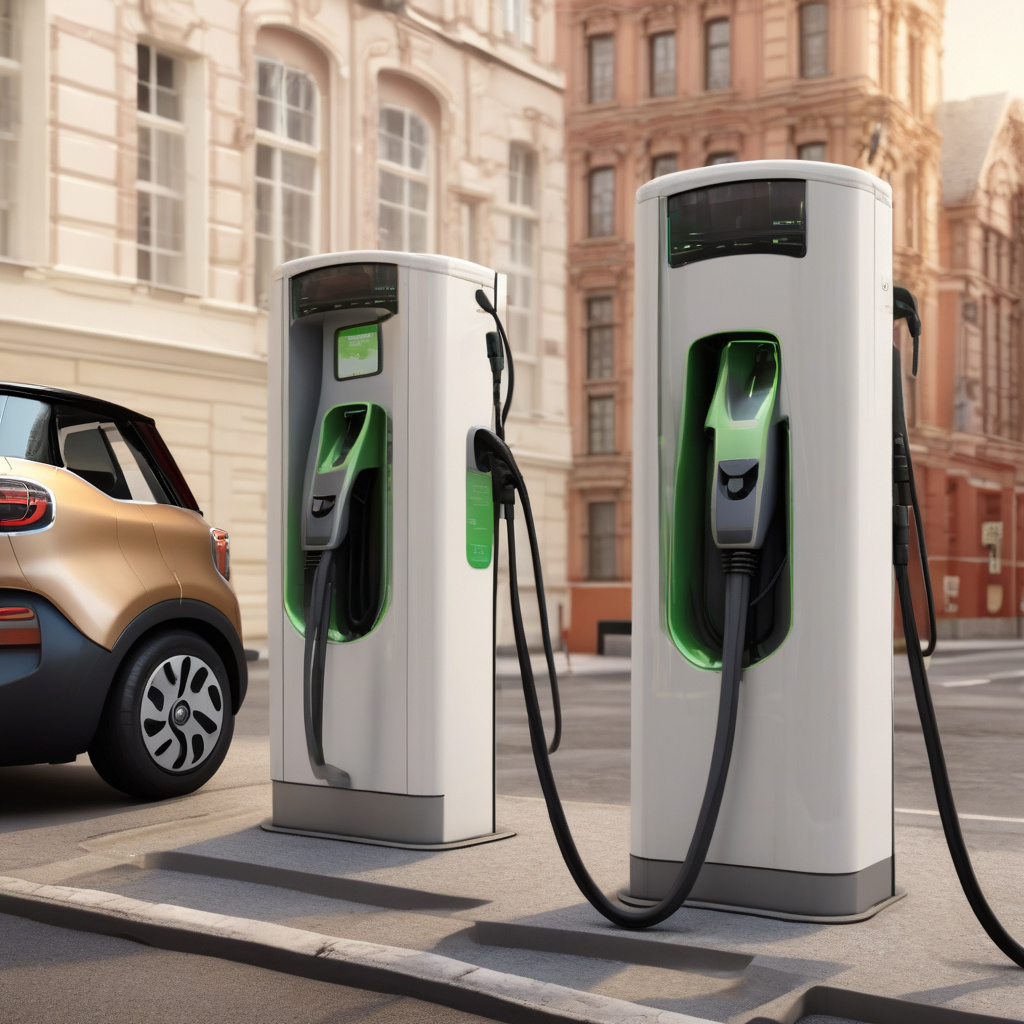As technology advances and the world shifts towards sustainable solutions, electric vehicles (EVs) are not just the future—they are the present. Recent data from a report highlighted on Tech Digest reveals a striking advantage of EVs over their traditional counterparts: maintenance costs. The report showcases that not only are EVs gaining popularity with increasing sales figures, but they are also proving to be notably more cost-effective to maintain than petrol, diesel, and hybrid vehicles.
When we think about the expenses associated with owning a car, maintenance is a significant consideration. From routine services to unexpected repairs, traditional internal combustion engine vehicles can quickly accumulate hefty bills. However, the narrative is changing with EVs taking the center stage. These vehicles are simplifying the maintenance process, offering a more streamlined and less costly ownership experience for consumers.
One of the primary reasons behind the lower maintenance costs of EVs lies in their simpler mechanical structure compared to traditional vehicles. Electric cars have fewer moving parts, which means there is less wear and tear over time. For instance, EVs do not require oil changes, fuel filter replacements, or complex transmission systems. This streamlined design not only reduces the frequency of maintenance tasks but also minimizes the potential points of failure, leading to overall lower upkeep expenses.
Moreover, the regenerative braking system in EVs plays a crucial role in extending the lifespan of brake components. Unlike conventional vehicles that rely solely on friction brakes to slow down and stop, EVs use regenerative braking to convert the vehicle’s kinetic energy into electric energy, reducing the wear on brake pads and rotors. As a result, EV owners can enjoy prolonged durability of their braking system, translating into fewer visits to the mechanic and reduced maintenance costs over time.
Another factor contributing to the cost-effectiveness of maintaining EVs is the evolving landscape of automotive technology. With continuous advancements in battery durability and efficiency, EVs are becoming more reliable and long-lasting. Manufacturers are investing in research and development to enhance the performance and longevity of EV batteries, ensuring that modern electric vehicles offer robust and dependable power sources that require minimal maintenance.
Additionally, the rising competition in the EV market is driving manufacturers to improve the quality and durability of components used in electric vehicles. This competitive environment is benefitting consumers by pushing companies to innovate and deliver high-quality products that not only reduce maintenance needs but also offer enhanced performance and longevity, further solidifying the economic advantage of owning an EV.
In conclusion, the findings of the report emphasizing the cost-effectiveness of maintaining EVs compared to traditional petrol, diesel, and hybrid cars underscore a significant shift in the automotive industry. As more consumers recognize the long-term savings and convenience associated with owning an electric vehicle, we can expect to see a continued surge in EV adoption rates. The combination of technological advancements, simplified mechanical structures, and competitive market dynamics positions EVs as not just environmentally friendly transportation options but also as financially prudent choices for drivers looking to minimize maintenance expenses without compromising on quality and performance.

